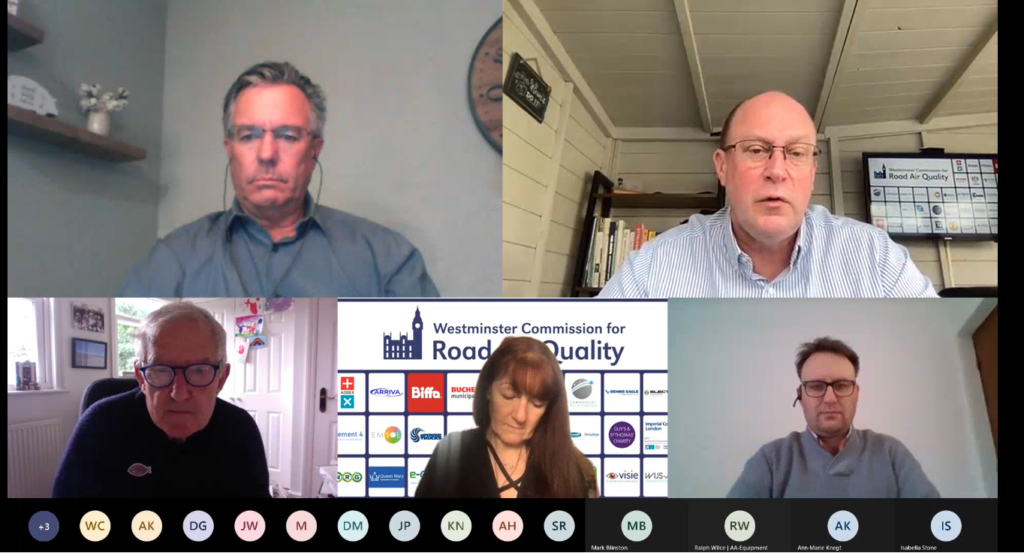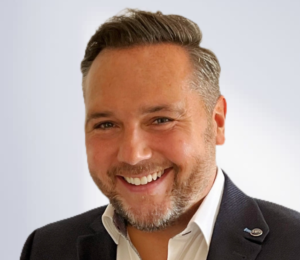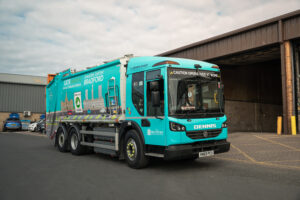Jason Airey, the co-founder of WCRAQ, chaired the working party meeting on April 5th with guest speakers Mack Murray, the managing director of Adgero and Kevin Campbell, the Technical Operations Director, addvantage. The meeting attracted a wide audience including professionals from local authorities and the waste and haulage sectors.
Dual fuel solutions
Jason introduced the first guest speaker, Kevin Campbell. Kevin explained how the addvantage approach to using dual fuels is conservative, using a smaller ratio of Liquid Petroleum Gas (LPG) to diesel allows the technology to be adopted by more companies. Traditionally, LPG is added to diesel in large amounts which requires large storage tanks and is costly.
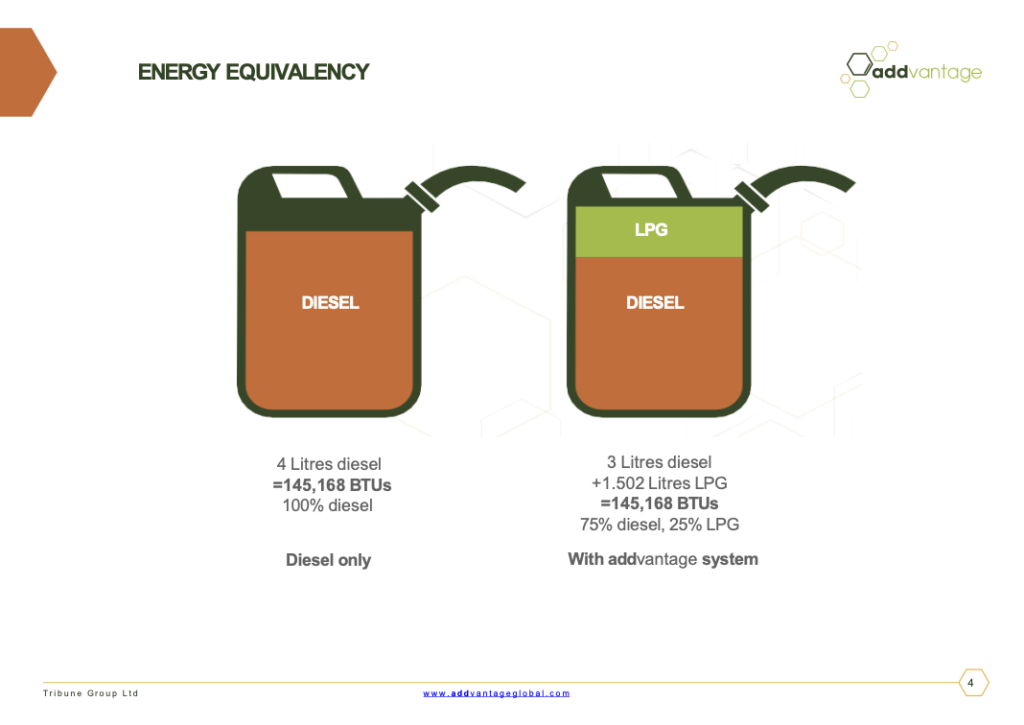
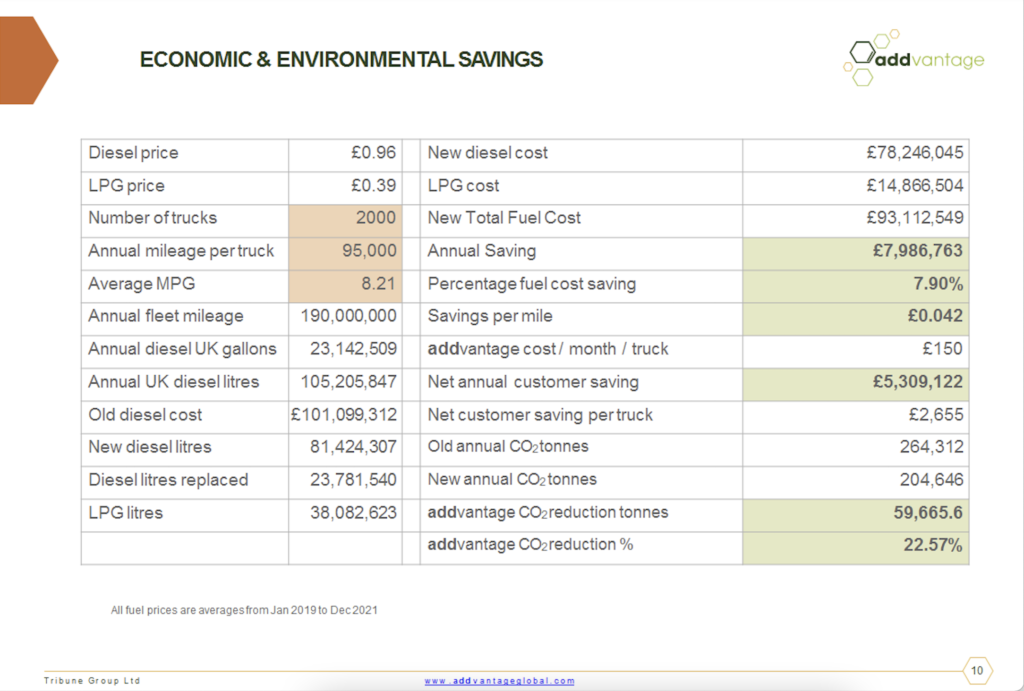
Kevin highlighted that operators get financial benefits as well as environmental benefits, testing has shown that there is up to an 8% fuel cost saving and up to 22% reduction in CO2 emissions by using the addvantage dual-fuel system. This solution allows operators to adopt the technology while still operating profitably.
Dual-Fuel ratios and how it affects the environment
Norman Harding, Corporate fleet manager at the London Borough of Hackney, asked if addvantage wants to increase the blend of LPG to in turn increase the emission benefit? Kevin acknowledged the environmental benefits of increasing the LPG % but highlighted that the reason addvantage choose to continue with a smaller % of LPG compared to other providers, is to keep component costs down so the technology can be implemented more easily for a wider variety of companies.
Electric hybridisation
The second guest speaker, Mack Murray explained how they want to be able to offer Adgero’s electric hybridisation solution to wider range of companies. To do this, Adgero opted for electric hybridisation. This approach doesn’t use rare materials or put a demand on the grid. Opting for hybridisation allows companies to implement the solution in a cost-effective manner which reduces their fuel consumption and lowers the output of emissions.

Adgero uses a Kinetic Energy Recovery System (KERS) to provide a solution that reduces fuel consumption over journeys. KERS recovers energy during braking, stores it, then uses the stored energy to provide an electric boost when the vehicle is accelerating. Testing has shown that the implementation of KERS can reduce fuel consumption by up to 25% per annum in urban environments.
Mack explained how the Adgero hybrid system is a sustainable long-term solution that can be upgraded to be fully electric. This allows existing fleets to stay on the road longer while improving their efficiency and meeting emission requirements. Jason Airey asked if the Adgero hybrid solution can be installed in electric vehicles or those using Hydrogen Fuel Cells. Mack explained how the Adgero hybrid solution has been developed so that it can be installed into any vehicles, making more accessible to a more companies.
Jason thanked both speakers and closed the meeting by highlighting how innovative technology such as KERS and dual fuels is the way forward towards net-zero fleets.
If you would like to make a difference to the quality of the air we breathe, contact us today at jason.pidgeon@visiecommunication.co.uk

